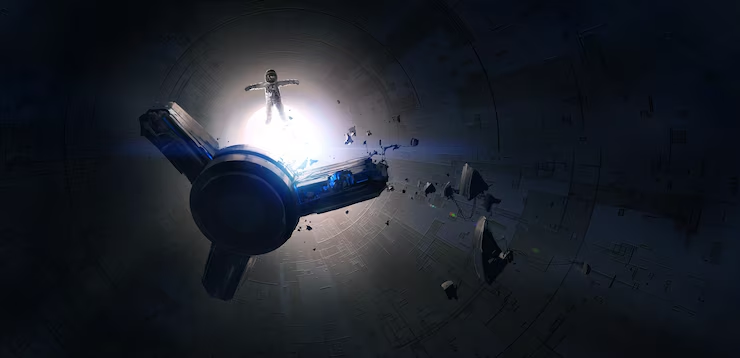In the ever-evolving landscape of science and culture, Pernithia Galnith has emerged as a topic of growing fascination. At its core, Pernithia Galnith represents a multifaceted phenomenon—simultaneously a theoretical framework, a cultural meme, and an experimental tool—that bridges disparate fields from quantum biology to digital anthropology. This article unpacks the mystery behind Pernithia Galnith, exploring its origins, defining features, and why it’s rapidly gaining traction among academics, technologists, and creative thinkers.
Origin Story of Pernithia Galnith
Early Mentions and Coinage
The term “Pernithia Galnith” first appeared in a niche online forum in 2019, when a user postulated a connection between fractal patterns in neural networks and ancient mythological symbols. Although initially dismissed as speculative, the idea captured the imagination of interdisciplinary researchers who began to investigate possible empirical foundations.
From Fringe Idea to Scholarly Inquiry
By 2021, a handful of preprint papers explored Pernithia Galnith in contexts as varied as bioinformatics, memetic theory, and complexity science. These exploratory studies proposed that could serve as:
-
A mathematical descriptor for self-organizing systems
-
A metaphorical lens for understanding cultural transmission
-
A laboratory protocol for generating fractal biomaterials
Core Characteristics of Pernithia Galnith
1. Fractal Resonance
At its heart, Pernithia Galnith relies on the principle of fractal resonance—the idea that patterns repeat at multiple scales within both natural and artificial systems. Researchers have observed fractal resonance in:
| System Type | Example Observation |
|---|---|
| Neural Tissue | Repeating dendritic branching patterns |
| Synthetic Polymers | Self-similar microstructures under electron microscopy |
| Social Media Memes | Recursive remixing and replication of imagery |
2. Cross-Domain Applicability
One striking feature of Pernithia Galnith is its applicability across domains. It offers a unified vocabulary for:
-
Biologists studying morphogenesis
-
Data scientists modeling network dynamics
-
Anthropologists tracing cultural diffusion
3. Experimental Protocol
Laboratory implementations of protocols involve:
-
Generating seed patterns via algorithmic fractal generators
-
Exposing cell cultures or synthetic matrices to resonant frequencies
-
Analyzing emergent structures with spectral imaging
Practical Applications
Biomedical Engineering
In tissue engineering, Pernithia Galnith methods have been trialed to create scaffolds with optimized nutrient flow, mimicking natural vasculature. Early results suggest enhanced cell viability and growth rates.
Digital Culture and Memetics
Digital anthropologists use as a framework to study how online memes evolve. By mapping meme variants as fractal branches, researchers gain insights into virality and longevity.
Materials Science
Fractal-based design principles derived from have inspired new composite materials with high strength-to-weight ratios, promising advances in aerospace and automotive industries.
Debates and Criticisms
While enthusiasm for Pernithia Galnith is high, skeptics point out that:
-
Empirical evidence remains limited and often preliminary.
-
Theoretical definitions can be vague, leading to inconsistent applications.
-
Interdisciplinary language barriers hamper cohesive progress.
Ongoing peer-reviewed studies aim to address these concerns by standardizing protocols and clarifying the mathematical foundations.
Future Directions
Standardization Efforts
A consortium of universities is developing open-source tools and datasets to validate experiments, aiming to establish reproducible methodologies by 2026.
Integration with AI
Researchers plan to integrate machine-learning models that detect and optimize fractal resonance patterns, accelerating discovery of new Pernithia Galnith–based materials and media.
Cultural Impact Studies
Longitudinal studies are underway to assess how the framework influences digital culture, creativity, and information spread over the next decade.
Conclusion
Pernithia Galnith stands at the intersection of science, technology, and culture—a testament to the power of interdisciplinary exploration. While still in its formative stages, its promise spans from biomedical breakthroughs to profound insights into how ideas propagate. As standardization and research efforts mature, may well become a foundational concept shaping multiple fields. For curious minds and innovators, engaging with this phenomenon now offers the chance to contribute to a burgeoning frontier of knowledge.

